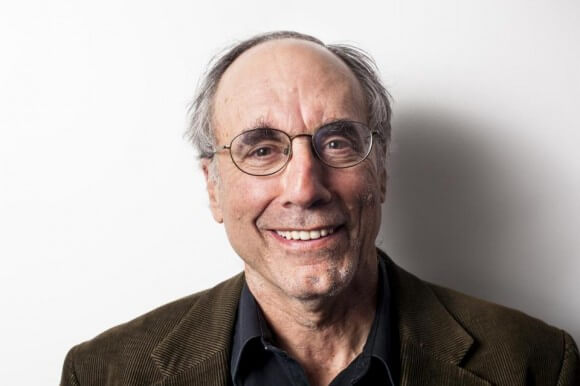
Great news. The Museum of Jewish Heritage will be staging an event with author John Judis, after all. Judis stated as much on Facebook today. He tells me:
“I just said on Facebook in response to someone else that I had been reinvited for June first. That’s a fact.”
Last week we reported that the Museum had spiked a plan to stage a June 1 panel featuring Judis and his book on Truman and Israel. At that time the Museum stated:
We were interested in the book. We considered it, but were concerned that the controversy would overshadow the content. Therefore, we decided not to move forward with the event.
Since then the Forward picked up my report (without crediting our site) and the matter has gained considerable attention.
I will update this post when I learn more about the Museum’s excellent decision.
Meantime, let us salute the Museum for its high intellectual standards, in having the courage to reverse its decision and for staging an event on such an important book.
Judis’s book, Genesis, documents President Harry Truman’s opposition to establishing a country that did not separate church and state, and his abandoning his convictions under pressure from the Zionist lobby inside the U.S.
The book has been excerpted at The New Republic and gotten highly-favorable notices and also a very negative review in The Wall Street Journal (from a law student who has stated his intellectual debt to the neoconservatives Douglas Feith and Richard Perle).
I have just gotten to the part in the book where both the British and the Zionists in Palestine in the 1920s sought to defuse angry Palestinian opposition to Jewish nationalism by promoting Palestinian Muslim groups. The Brits and the Zionists felt that they could shatter Arab nationalism by dividing Muslims and Christians; they preferred a religious conflict. I did not know this before. I hope that at the June 1 event in New York, someone asks Judis about the extent to which the clash of civilizations and the war on terror and the fight with radical Islam today have some roots in colonial and Zionist choices. Not to deny Muslims agency in the conflict, but wasn’t this an important factor?


Another victory for truth and freedom from censorship!
Congratulations Mr. Judis, and thank you Philip.
We salute Mr. Judis for writing his book.
We salute the Museum for inviting him.
And we salute Phillip Weiss (and Mondoweiss) for making a change.
not so today its flying high.
this attempt to divide the Palestinians only serve to unite the Palestinians stronger than before and initiate a more united Palestinian resistance.
http://links.org.au/node/206
Re: ...The Brits and the Zionists felt that they could shatter Arab nationalism by dividing Muslims and Christians; they preferred a religious conflict…
Under varied conditions of today, the same strategy has been exercised/ is being followed
especially in Nazareth: stoking Muslim – Christian animosities.
Special reference is made to the schemings wrt the construction permission /withdrawal of a mosque before the Church of Anunciation. et al.
Is there something in Judis’s book about Truman and his decision to recognize Israel that was not known and documented before he wrote it? Or is his book heralded simply because he wrote it?